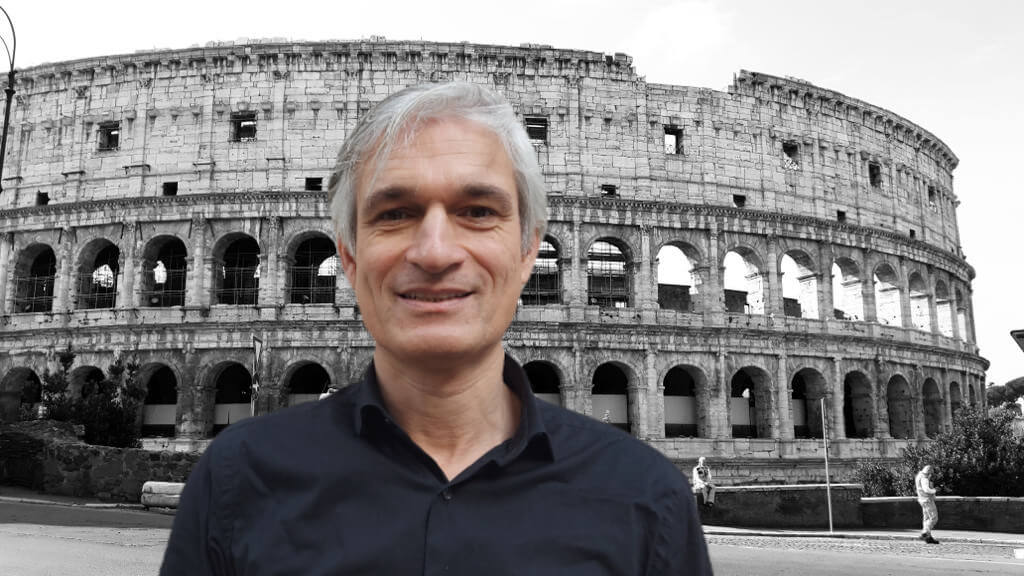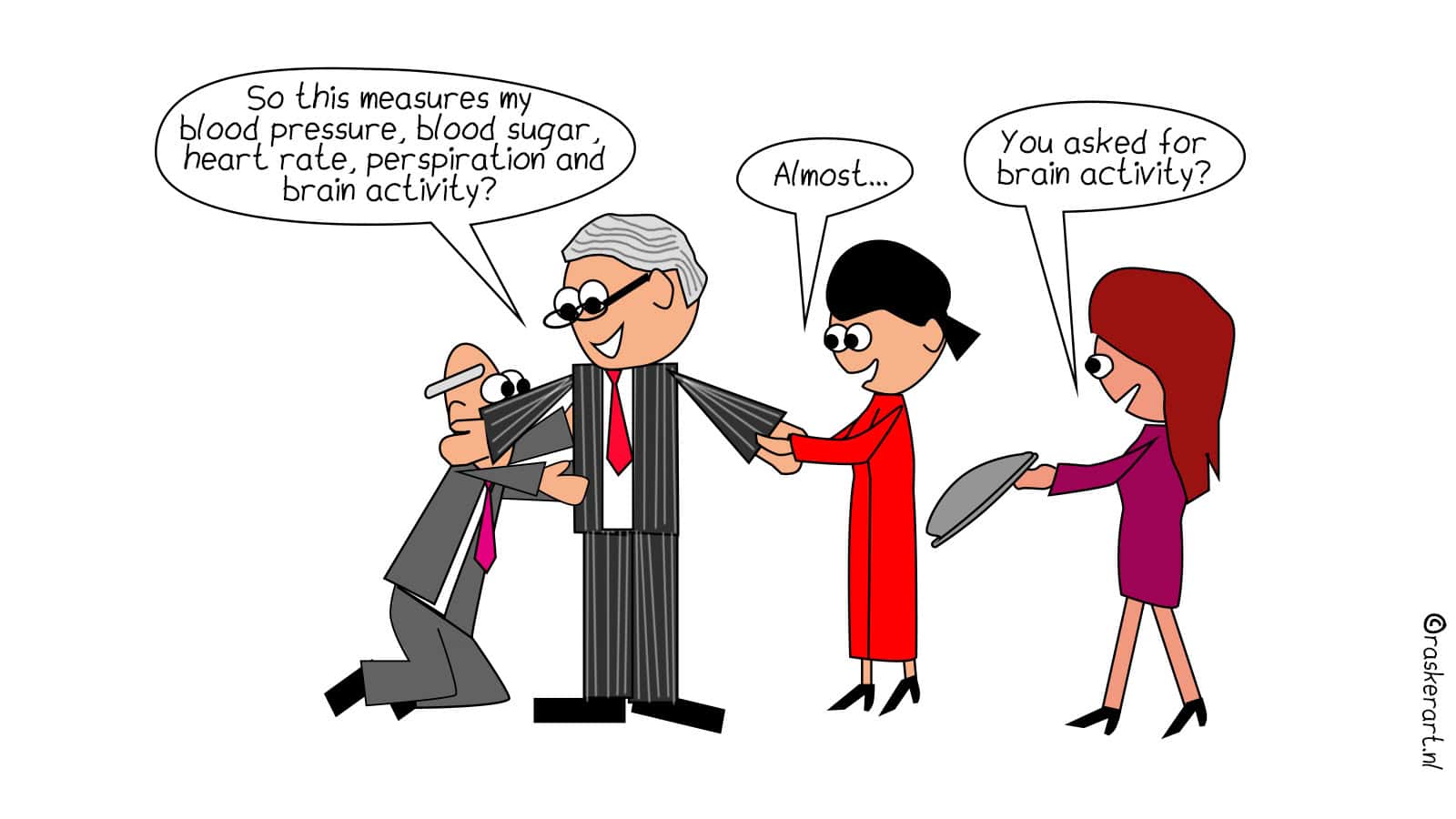
In order to alleviate the strain on the heart, engineers from the École polytechnique fédérale de Lausanne (EPFL), a renowned scientific institution in Switzerland, have designed an artificial aorta made out of silicone and a series of electrodes. The device is implanted just behind the aortic valve and strengthens how the aorta functions so that it acts like an ‘enlarged aorta’. When an electric voltage is applied to the device, the artificial aorta expands to a diameter larger than a natural aorta. This has the advantage of reducing the pressure on a patient’s heart. The idea is that the artificial aorta assists the heart to beat.
The device is implanted just behind the aortic valve and acts as an ‘enlarged aorta’.
Scientists at the Centre for Artificial Muscles, part of EPFL’s Faculty of Engineering, have built a simulator with pumps and chambers that mimic the blood flow and pressure in a human heart. They succeeded in a test in reducing the amount of energy that the heart needs by 5.5 per cent. The research team now plans to carry out further tests with their artificial aorta. They are already working on a new design that will enable even better performance.

The artificial aorta is made of silicone and is consequently able to mimic the elasticity of a natural aorta. The aorta expands when blood is pumped into it from the left heart chamber. It then contracts to push blood to the rest of the body. In patients suffering from diseases such as heart failure, the heart has to work harder to complete this cycle.
Alternative therapies
More than 23 million people worldwide suffer from heart failure. This basically means that they find themselves in a situation where their heart is unable to pump as much blood as it should. Ideally, the disease is treated with a transplant. However, there is a constant need for alternative therapies as there is a constant shortage of this type of organ donation. New developments for supporting the heart may mean that a transplant can be postponed or – even better – dispensed with altogether.
Technological solutions to support the heart have long been sought across the world. These can involve fitting a device into the heart chamber (ventricular solution) or a solution in the aorta. The latest issue of Advanced Science explains all the ins and outs of this new Swiss technology.
Also of interest:
You can also read about the development of the European artificial heart.
Some diabetes drugs help against chronic heart failure.








